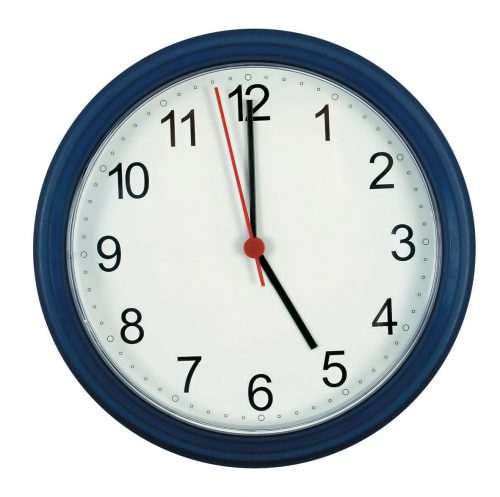
Some popular diet books advise cutting out eating carbohydrates, or eating anything at all, after 5 or 6pm. Is it good advice?
These diets often reduce the total carbohydrate and energy intake by cutting out certain types of carbohydrates after 5pm (such as pasta, bread, rice, potato, biscuits, cakes and soft drinks). Vegetables, dairy products and fruit are the only carbohydrates allowed.
Is there any evidence to support it?
A search by Sanitarium of more than 4,800 scientific journals in the National Library of Medicine Medline database failed to find a single study that supported the theory that carbohydrates need to be cut out after 5pm in order to lose weight. There are also no health authorities that endorse this type of approach.
At a recent symposium at the University of Wollongong in Australia on 'Carbohydrates, fats, protein – what's the optimal mix?', Janet Franklin from the Royal Prince Alfred Hospital, Sydney, explained that "in practice there is no perfect 'weight loss' diet. Different approaches are required for different people depending on their medical profile, their preferred eating style and food preferences, past experiences and most importantly, behavioural issues. Most people know which types of foods they should and shouldn't be eating, but struggle with actually putting this knowledge into practice."
Does it work?
In theory, cutting out some of the carbohydrates after 5pm or not eating after 8pm could reduce the total energy intake for the day. This would ultimately lead to a reduction in weight.
But realistically, this change in eating pattern is too restrictive for most people's lifestyles. After 5pm is a social and family time. It is a time when the day's activities are discussed over a meal, which usually contains some of the carbohydrates such as bread, pasta, rice and potatoes forbidden in the 'no carbs after 5pm' diet.
Are there any better options?
When purchasing processed foods, be a smart shopper and read the food labels for nutritional information.
Nutrition information panels (NIPs) include information about energy (kilojoules), protein, carbohydrate (total and sugars), fat (total and saturated fat) and sodium.
Compare different products using the figure per 100 grams (g) rather than the serving size figures, as the serving size listed may not be the same as the serving you actually have. In fact, your serving size may be larger.
We're better off reducing our portion sizes than not eating after 5pm or cutting out carbs. A recent study showed that a decrease in portion size led to a decrease in energy intake, with no changes in hunger reported.
When deciding on your portion size, ask yourself these questions:
- How much food have I eaten today – were they large portions?
- What type of foods were eaten – were they high-fat, high-energy foods per serve?
- How much activity have I done today?
If you have eaten lots of food in big portions and had little exercise, then having smaller portions at night is sensible.
When consuming your meals, focus on cutting down total fats – particularly saturated fats, since fats are the highest source of kilojoules (energy density) per serve.
Lowering your fat intake will lower your total energy intake and ultimately lead to weight reduction. It does not matter what time of day fats are consumed since fats eaten at any time of the day will contribute to an increase in energy intake.
So, no carbs after 5pm?
It is not the time of day that foods are eaten, but a combination of the total amount of foods, what the foods are made up of, the amount of activity taken over a day and general health that cause weight gain. If there is a balance of food intake and physical activity over a day, body weight remains stable.
Some guidelines for healthy eating
- Eat plenty of vegetables, legumes and fruits.
- Eat plenty of cereals (including breads, rice, pasta and noodles), preferably whole grain.
- Include lean meat, fish, poultry and/or protein alternatives.
- Include milks, yoghurts, cheeses and/or dairy alternatives – choose reduced-fat varieties where possible.
- Drink plenty of water.
www.healthyfood.com











